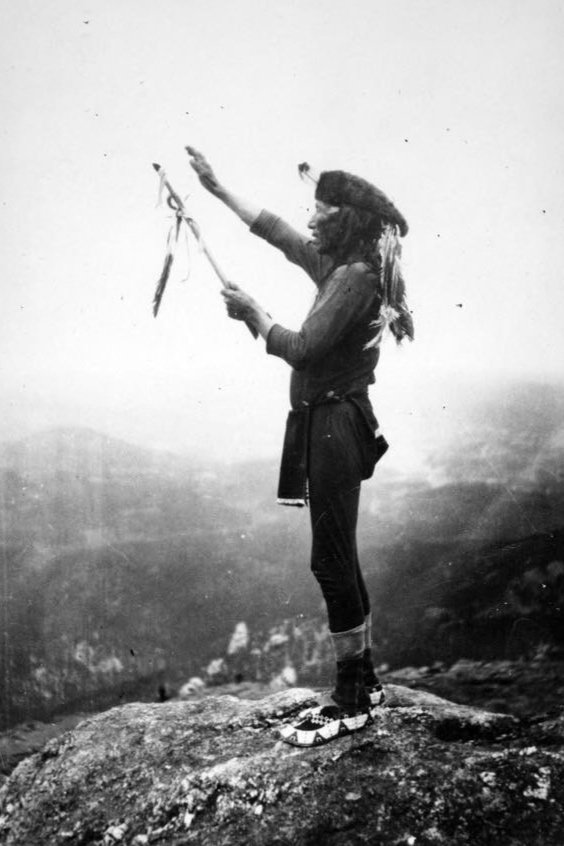Modern Heyoka Medicine: Comedy, Disruption, and Cultural Evolution
There has been a recent surge in debates surrounding comedians and the perceived limits of their humor, questioning what is considered taboo within the realm of comedy and satire. In an increasingly sensitive and easily triggered world, comedy that pushes boundaries, makes us uncomfortable, or challenges our beliefs and morality becomes even more crucial. Comedians, in this context, provide a valuable opportunity for levity in an overly serious world. Comedy serves as a necessity because it compels us not to take ourselves or our situations too seriously, allowing our hearts and wits to remain flexible.
What we need more of is what I like to call Modern Heyoka Medicine. This is precisely what the best comedians offer us – they unveil the absurdities in our prejudices, cultural experiences, differences, behaviors, and fears through satire. In doing so, they grant us the ability to laugh at the scary, confusing, ambiguous, and angering experiences of the collective. The essence of this modern Heyoka medicine lies in providing the freedom not to take ourselves too seriously.
The Heyoka, also referred to as a Sacred Clown, is an important figure in Lakota culture, regarded as an unconventional medicine man who played a crucial role in challenging societal norms. They employed their medicine in various ways, fostering wisdom through disruptive behavior. If you’d like to learn more, I highly recommend picking up a copy of Black Elk Speaks.
Consider their engagement in reverse rituals – a striking deviation from the norm. Heyoka would intentionally perform sacred ceremonies backward or in a contrary manner, disrupting routine thinking and coaxing forth a fresh perspective. The act of upending established practices served as a catalyst for expanded understanding.
Humor, too, became a potent instrument in the Heyoka's repertoire. Through amusing anecdotes and playful interactions, they infused joy and laughter into communal gatherings. This comedic element wasn't merely entertainment; it functioned as a powerful tool, breaking down barriers and fostering unity among the people.
In their subtle yet deliberate acts, Heyoka engaged in mirror reflections, not as mimicry but as a conscious effort to hold up a reflective mirror to society. This mirror, wielded skillfully, became a catalyst for self-reflection, challenging individuals to confront their actions and beliefs. The Heyoka's unconventional methods, far from mere antics, paved the way for a deeper understanding of both the world and the self.
In essence, the Heyoka's medicine, with its unconventional methods, paved the way for a deeper understanding of the world and the self. Today, in a world undergoing constant transformation, modern Heyoka comedians inherit this legacy. They challenge norms, not through direct confrontation but through the power of satire, humor, and disruptive narratives. In doing so, they contribute to the evolution of collective consciousness, fostering a more open-minded and flexible perspective on the complexities of our shared human experience.


